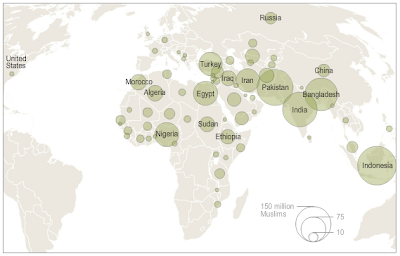 |
| Charles Eliot |
--"Random History of Higher Education”
To Eliot, an American aristocracy is acceptable as long as it is a meritocracy. But how does that fit with American higher education today?
 |
| Donald Kagan |
Universities are failing students and hurting American democracy. "I find a kind of cultural void, an ignorance of the past, a sense of rootlessness and aimlessness." Rare are "faculty with atypical views. Still rarer is an informed understanding of the traditions and institutions of our Western civilization and of our country and an appreciation of their special qualities and values."
"You can't have a fight because you don't have two sides. The other side won. At the university, there must be intellectual variety. If you don't have [that], it's not only that you are deprived of knowing some of the things you might know. It's that you are deprived of testing the things that you do know or do think you know or believe in, so that your knowledge is superficial.""The other side won." Kagan elaborated further in a post-speech interview, saying faculties have gained "extraordinary authority" over universities, then used that authority inside and outside academia to move the country toward “equality of result and every other kind of equality that could be claimed without much regard for liberty." That result now means “the menace is certainly to liberty."
Kagan re-enforces a distinction much discussed in this blog--the tug between liberty and equality. Liberty--freedom, negative liberty--is connected with conservative values such as individual achievement, hard work, free enterprise, success. Liberty also means the free competition of ideas, since all begin with "equal opportunity."
Equality of results--“care for victims,” positive liberty--means taking action to rebalance society, government correcting existing inequality, the welfare state, socialism. It means “the meritocracy,” in the name of “care for victims,” having control over others.
Kagan noted that a century ago, most people worked the land for themselves. Today they work for a paycheck, usually in an office. "Fundamentally we are dependent on people who pay our salaries. In the liberal era. . . we have come more to expect it is the job of the government to provide for the needs that we can't provide."
The drive for equality of results has left us with a hierarchical, unequal society where a supposedly meritocratic national elite rules over the rest of us. But at least admission to that elite via universities is open to students from all classes, right?
In their new book, Paying for the Party: How College Maintains Inequality, professors Elizabeth Armstrong (U. Michigan) and Laura Hamilton (UC-Merced) present depressing results from a five-year study that tracked the women from one freshman dorm at a Midwestern flagship university: Not a single one of the working-class women they’d monitored had managed to graduate.
Armstrong and Hamilton believe colleges regularly admit students who aren’t ready for college-level work. In 2012, they found, of the 250,000 who took the ACT (the main alternative to the SAT), only 52% scored as college-ready in reading, only a quarter as ready in reading, English, math and science. Yet many started school anyway.
The authors are also persuaded that working-class kids don’t receive the guidance they need. To them, “advising matters.” Better-off students have parents who help them figure out how to get through college — what courses to take, and when; how to manage time, get help or mercy from professors, etc. These parents also use connections to get their kids jobs regardless of academic performance, while the “intensive advising” working-class students need is vanishingly rare in college today.
Armstrong and Hamilton find that the mission universities seem focused on is raking in money--far from Eliot's promise of a Jefferson meritocracy open to all, with ideas freely competing as Kagan so desired.















